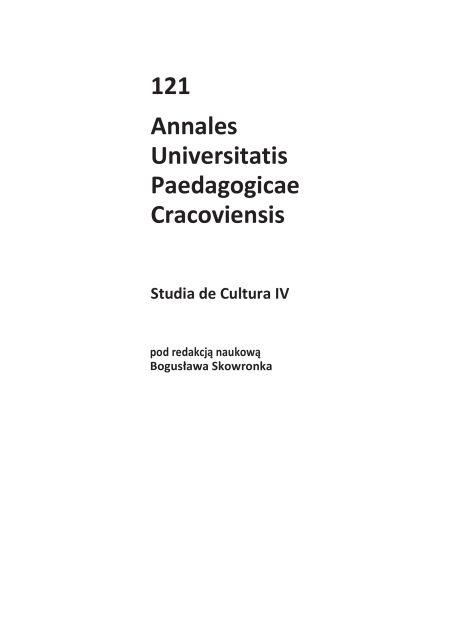Abstrakt
Hermann Nitsch’s Theatre of Orgy and Mysteries as a reason for scandal?
Hermann Nitsch, a representant of the „Viennas Actionism” (germ. Wiener Aktionismus) initiated in the late 1950’s of the XX-century the so called „Theatre of orgy and mystery” (germ. Orgien-Mysterien-Theater). This is a kind of syncretic performance, which combines the elements of the ancient Greek Dionysius feast and Catholic liturgy. The author stages an offering of animals, giving to it the form of religious liturgy. In his ceremonies, the offering ist not meant to be an medium of contact with a higher, divine power, which would result God’s blessing (according to the principle of mutual giving each other). The naturalistically performed rite by Nitsch should help to act out impulsive needs, especially aggression, which has been pushed into the subconscious. The motto of Nitsch’s actions should be: one should be exposed to death in order to experience the spiritual rebirth. It’s highly debatable practice to combine the elements of ancient Greek Dionysius ceremony with the Christian liturgy, as well as to reduce their meaning just to abreaction of biological needs. The contact with higher, divine reality has been here replaced by the naturalistic performance.
Bibliografia
Bachler K., Hermann Nitsch das orgien mysterien theater, 122. aktion. Komentarz na okładce zapisu DVD (edition Burgtheater 2005).
Zobacz w Google Scholar
Kuryluk E., Podróż do granic sztuki, Warszawa 2005.
Zobacz w Google Scholar
Leeuw van der G., Fenomenologia religii, wyd. 2, przeł. J. Prokopiuk, Warszawa 1997.
Zobacz w Google Scholar
Martin F., Der Nitsch und seine Freunde, Wien–Graz–Klagenfurt 2008.
Zobacz w Google Scholar
Mauss M., Socjologia i antropologia, przeł. M. Król, K. Pomian, J. Szacki, Warszawa 1973.
Zobacz w Google Scholar
Meslin M., Ofiara, w: Encyklopedia religii świata, red. F. Lenoir i in., Warszawa 2002.
Zobacz w Google Scholar
Schmied W., Blasphemie oder Theodizee? Über das Orgien Mysterien Theater des Hermann Nitsch, w: Das Opfer – aktuelle Kontroversen. Religions-politischer Diskurs im Kontext der mimetischen Theorie, red. B. Dieckmann, Münster 2001.
Zobacz w Google Scholar
Schmied W., Hermann Nitsch. Das Sechstagespiel des Orgien-Mysterien-Theaters 1998, w: Macht des Bildes – Visionen des Göttlichen. Kunst und Transzendenz in Österreich im 20. Jahrhundert, red. H. Scheicher, München 2009.
Zobacz w Google Scholar
Simhandl P., Theatergeschichte in einem Band, Berlin 2007.
Zobacz w Google Scholar
Wałczyk K., Wolfharta Pannenberga metoda ‘krytycznego przyswojenia’ jako prolegomena badań kulturoznawczych, w: Tożsamość kulturoznawstwa, red. A. Pankowicz i in., Kraków 2008.
Zobacz w Google Scholar
Wałczyk K., Pozorowany czy rzeczywisty związek teatru z rytuałem? Glosa w debacie, w: Globalizacja w kulturze. Upowszechnienie czy uproszczenie?, red. K. Wałczyk i in., Kraków 2010.
Zobacz w Google Scholar
Walendowska B., Ofiara, w: Słownik etnologiczny. Terminy ogólne, red. Z. Staszczak, Warszwa–Poznań 1987.
Zobacz w Google Scholar
Zydorowicz J., Artystyczny wirus. Polska sztuka krytyczna wobec przemian kultury po 1989 roku, Warszawa 2005.
Zobacz w Google Scholar

